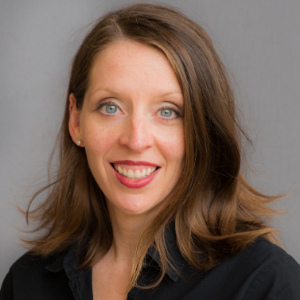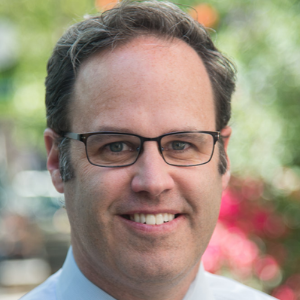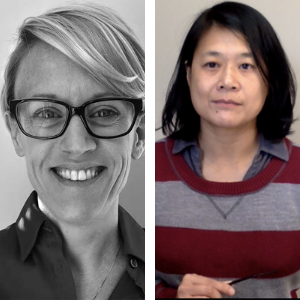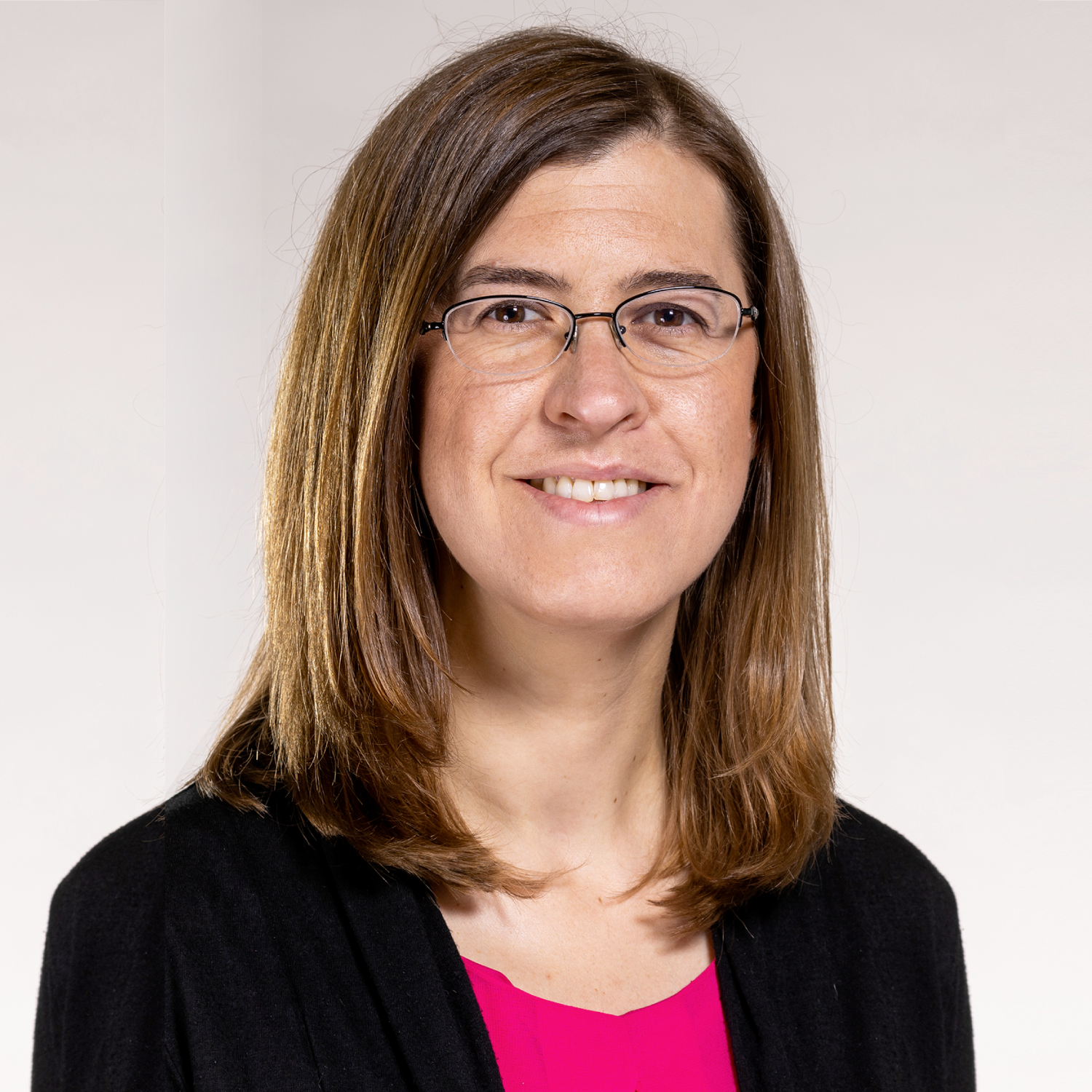2020-2021 Class of Fellows
Our third class of fellows is an exceptional group representing students, professors, law enforcement, local politicians and senior administrators—all of whom are tackling challenging and timely issues pertaining to expression, academic freedom and campus climate. Each fellow will spend time on one of the ten UC campuses engaging with members of the campus community.
Learn more about the 2020-2021 class of fellows and their work by watching this brief video:

Ernesto Arciniega
UCLA PhD Candidate in Hispanic Literatures, and Vice Chair of the UC Graduate and Professional Council
Research Title: “Lighting the Way for Undocumented Students at UC: Free Speech, Civic and Political Engagement”
Read and download Ernesto’s work

Cerri Banks
Vice President and Deputy to the Senior Vice President of Student Success, Syracuse University Experience Team
Research Title: “Black Administrators and Black Student Activism - Media’s Impact on Navigating Relationships and Transforming Learning”
Read and download Cerri’s work

Cassie Barnhardt
Associate Professor, Educational Policy and Leadership Studies, University of Iowa, College of Education
Research Title: “Comparing Contemporary Campus Mobilization at Scale: Tactics, Intensity, and Media Attention”
Read and download Cassie’s work

Ryan Coonerty
Third District Supervisor for Santa Cruz County, California and Lecturer, Legal Studies, UC Santa Cruz
Research Title: “Skokie: Free Speech and Community”
Read and visit Ryan’s work

Jill Dunlap | Alice Yau
Director for Research and Practice at NASPA – National Association of Student Personnel Administrators | Police Officer-Instructor-Trainer, Chicago Police Department
Research Title: “Mind the Gap: Administrators' Role in Reducing Tensions Between Campus Law Enforcement and Student Activists.”
Read and download Jill & Alice’s work

Nina M. Flores
Assistant Professor, Social and Cultural Analysis of Education, College of Education, California State University Long Beach
Research Title: “Tweets, Threats, and Censorship: Campus Resources to Support Faculty Through Incidents of Targeted Harassment”
Read and download Nina’s work

Nicholas Havey
UCLA Higher Education and Organizational Change PhD Candidate
Research Title: “Are Campuses Echo Chambers? Exploring the Information Networks of Student Leaders”
Read and download Nick’s work

Jennifer Lambe
Associate Professor, Communication, University of Delaware
Research Title: "Best Practices for Balancing Free Speech and Diversity in Higher Education”
Read and download Jennifer’s work

Elizabeth Niehaus
Associate Professor, Educational Administration, University of Nebraska – Lincoln
Research Title: “Self-Censorship or Just Being Nice? Understanding College Students’ Moral Reasoning around Free Speech in the Classroom”
Read and download Elizabeth’s work

Brian Soucek
Professor of Law, University of California, Davis
Research Title: “Institutional Values, Academic Freedom, and the First Amendment”